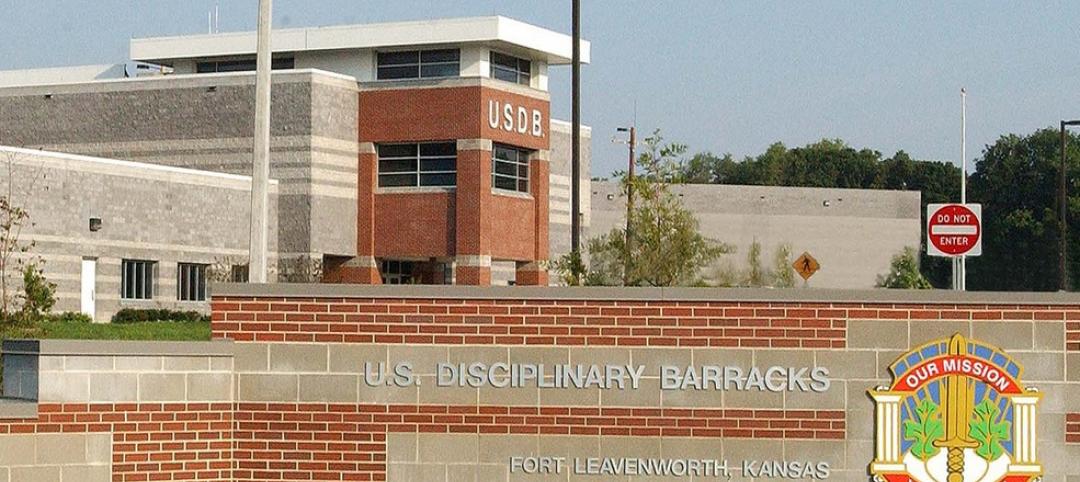The way the federal government analyzes intense rain events isn’t keeping up with the reality of climate change, and that has serious implications for infrastructure projects and the availability of, and rising cost of, flood insurance.
Severe rainstorms, sometimes described as “atmospheric rivers” or “torrential thunderstorms,” are making the concept of a “1-in-100-year flood event” obsolete, according to a report from First Street Foundation, an organization focused on weather risk research.
These events are occurring more frequently due to the impact of climate change, but federal rainfall analysis, managed by the National Oceanic and Atmospheric Administration, isn’t keeping up with the new weather conditions, First Street says.
Half the people in the U.S. live in a county where a 1-in-100-year flood is at least twice as likely now as it had been in the past, coming once every 50 years instead of every 100 years. In some areas, a so-called “1-in-100-year” rainfall could now happen far more frequently—as often as every 5 to 10 years.
The outdated analysis has serious implications for the way infrastructure projects are initiated and designed. And, because FEMA’s federal flood insurance program greatly underrepresents the number of people that could fall into FEMA’s Special Flood Hazard Areas, millions of Americans may be unaware of their current flood risk.
Inaccurate flood risk data due to underestimating the impact of rainfall also impacts the cost and availability of flood insurance—this is especially true for property that isn’t close to the ocean or inland bodies of water.
The government is working to remedy the situation, though. NOAA, as reported by CNN, says it is working on a revamped approach to its rainfall analysis that is expected to be completed in 2027.
Related Stories
| May 8, 2014
LED lighting helps cities receive Energy Star designation
Thanks largely to an ambitious program to boost the use of LED lighting in its buildings, Los Angeles is the top ranked U.S. city on the Environmental Protection Agency’s annual list of U.S. cities that are doing the most to improve energy efficiency.
| May 8, 2014
Door knob code revisions generating controversy
The City of Vancouver’s ban on doorknobs in all new buildings, which went into effect last month, has drawn a strong reaction from the public and heated debate across Canada as other jurisdictions consider the measure.
| May 8, 2014
Structural concrete code revisions open for public comments
The American Concrete Institute’s completely reorganized ACI 318-14, “Building Code Requirements for Structural Concrete and Commentary,” is open for public review for a 45-day period.
| May 3, 2014
Controversy rages over cost, benefits of proposed OSHA silica dust rule
Introduced in August 2013, the proposal would lower allowable levels of crystalline silica in all workplaces, standardize how the dust is calculated, and require medical monitoring for employees exposed to high levels.
| May 3, 2014
California’s Title 24 promises to reshape the construction industry
California’s recent revisions to Title 24 contain ambitious performance goals: all residential buildings must be Zero Net Energy by 2020 and commercial buildings must reach that standard by 2030.
| Apr 30, 2014
House Appropriations Committee approves $3 billion cut for military construction
The Army would see the sharpest cuts on a percentage basis, with a $578 million, or 52% reduction in FY 2015.
| Apr 30, 2014
GSA wants to trade D.C. office building for construction and development services
The GSA has issued an RFQ seeking developers who can provide construction and development services in exchange for the GSA Regional Office Building and Cotton Annex located in Southwest Washington, D.C.
| Apr 30, 2014
Mexico City spending big on green roofs to fight air pollution
Although green roofs have been widely adopted in urban areas to reduce the heat island effect and stormwater runoff, Mexico City is hoping that vegetative rooftops can also reduce the city’s air pollution.
| Apr 23, 2014
California bill would make employers responsible for subcontractors' wages, workers' comp
Under the recently revised Assembly Bill 1897, employers would have to pay wages, taxes, and workers compensation on behalf of a subcontractor’s workers if the subcontractor reneges on that responsibility.
| Apr 23, 2014
Obama’s 2015 budget includes $1.7 billion to GSA for building construction, renovations
The Obama Administration has proposed $1.7 billion for construction, renovation, and repairs to federal buildings in fiscal year 2015 under the auspices of the U.S. General Services Administration.













